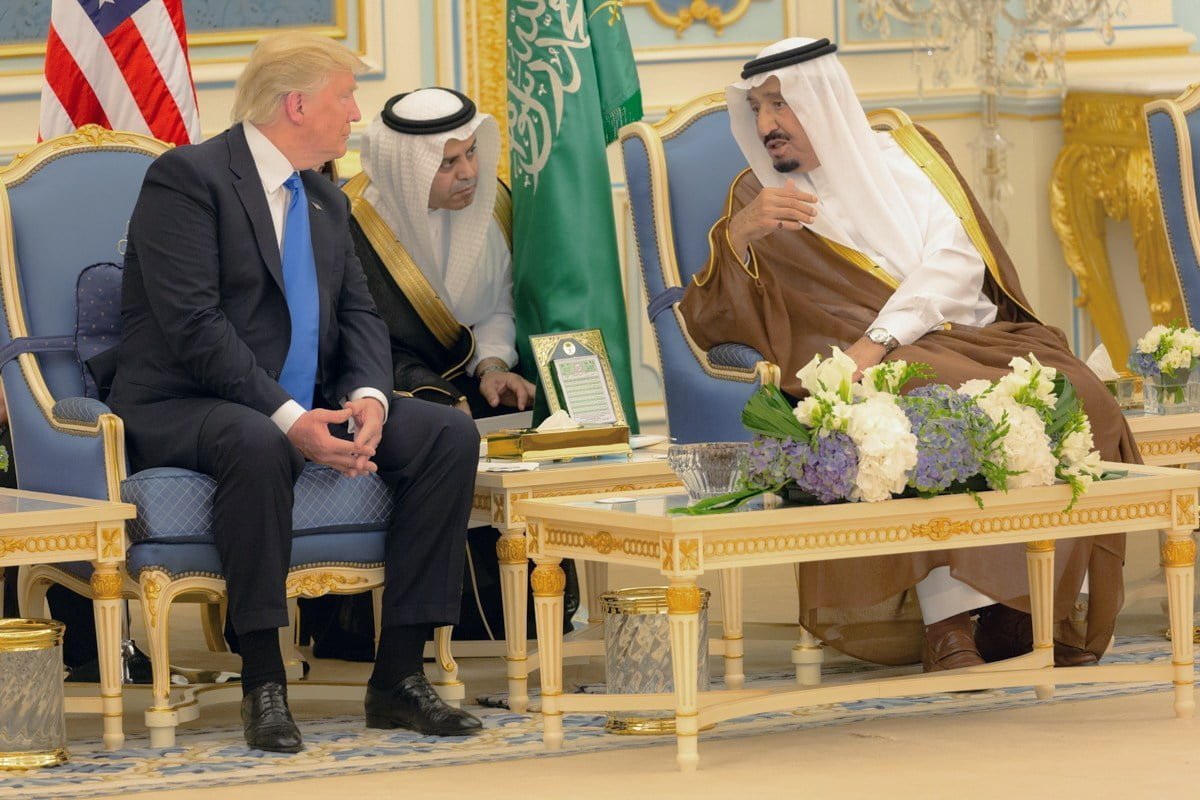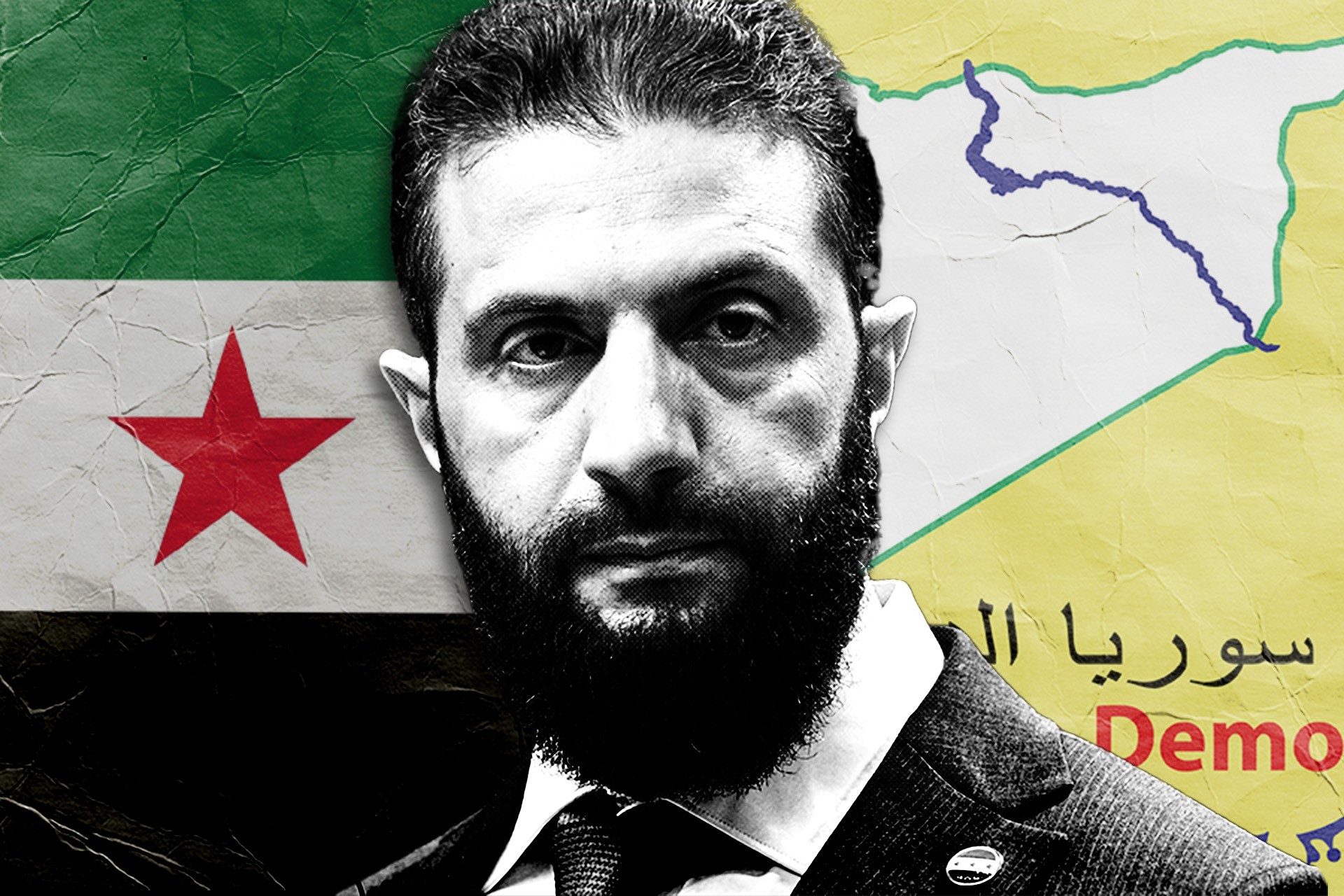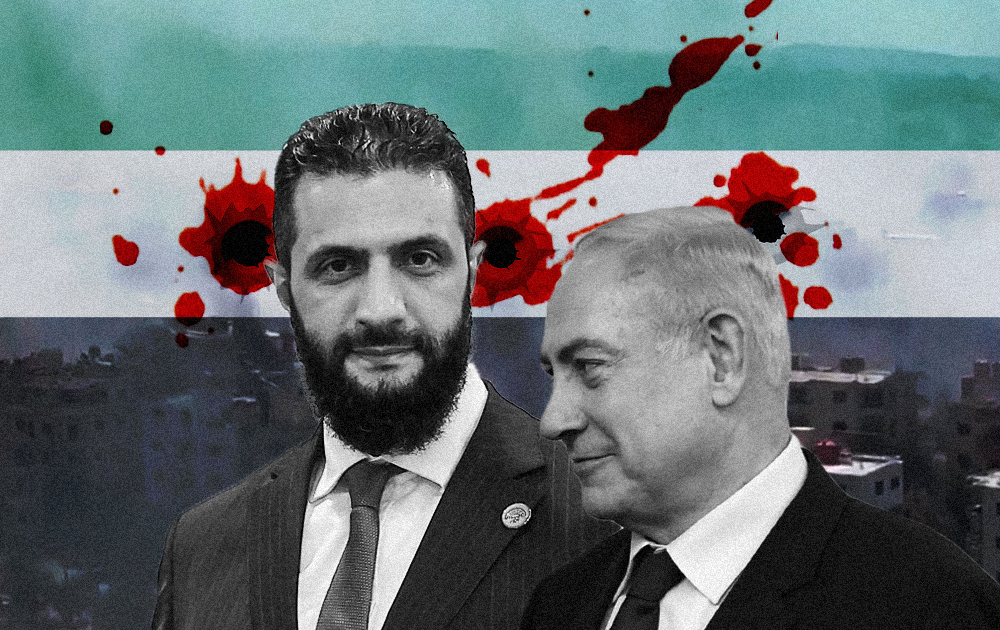The disappearance of a critical journalist has shone a light on the brutal nature of the Saudi regime and the hypocrisy of their western imperialist allies.
On 2 October, Jamal Khashoggi walked into the Saudi consulate in Istanbul, to complete some paperwork so he could marry his Turkish fiancé. He was greeted at the door by a smiling Saudi official. He never came out again. Turkish officials insist they have evidence from inside the Saudi consulate that confirms that Khashoggi was tortured and killed there, his body dismembered and secretly disposed of.
Quite naturally, the gentlemen in Riyadh indignantly denied this as an attempt to blacken their spotless moral reputation in the eyes of the world. They insist that the gentleman in question left their consulate in perfect health. Unfortunately, for reasons that have not been explained, the CCTV cameras that adorn the exterior of the consulate are said, very conveniently, not to have been working.
This murky affair has provoked an explosion of international outrage. But why should there be so much concern about the Saudis abducting and murdering this individual? Over many years, they have perfected the gentle arts of kidnapping and murder, spiced with the most inventive kinds of torture and other pleasant little habits.
The Economist commented:
“His [Kishoggi’s] disappearance was widely covered because of his connections, but it was not unusual. The crown prince detained more than 100 royals and ministers in a corruption sweep last year. Dozens of activists languish in jail; some may face the death penalty. Astonishingly the Saudis detained a sitting prime minister, Saad Hariri of Lebanon, for two weeks in November. Even spiriting Mr Khashoggi out of Turkey would have had precedent. In March a women’s-rights activist, Loujain al-Hathloul, was detained in Abu Dhabi and whisked back to Saudi Arabia, where she remains in jail.” (Economist 7 October)
Despite this impressive criminal CV, few people in the west – and not a single government – have shown the slightest concern. After all, as everyone knows, the Saudis are our friends and benefactors. They supply us with copious quantities of oil of the finest quality. They are our allies who purchase large quantities of arms from our most respected companies, and utilise these fine weapons for the purpose of chastising disobedient elements in unruly states like Yemen.
As if all these admirable qualities were not quite sufficient to place the rulers of Saudi Arabia above all suspicion, we must add the fact – now known to everyone thanks to the more-than-generous coverage in our free press – that the Wahhabi kingdom is now ruled over by a young prince who is firmly wedded to the cause of liberal reform.
Who does not know that Saudi Arabia’s 33-year-old Crown Prince Muhammad bin Salman (known familiarly to his many friends as MBS) has graciously allowed ladies to drive around the streets of Riyadh in their Mercedes cars without being placed in a prison cell by the religious police?
Placed alongside such splendid blessings, the fate of one unfortunate individual who has disappeared in Istanbul does not seem to weigh very much. So why all the fuss? To this question, there are several likely answers. In the first place, Jamal Khashoggi was not just anyone. Although he held a Saudi passport (a fact that led him to his death) the journalist had been living for a year in self-imposed exile in the United States. Specifically, Khashoggi was living in Virginia as a legal U.S. resident.
A prominent writer, he contributed a regular column to the prestigious Washington Post. In it, he was highly critical of the Saudi Arabian government and its foreign policy. Recently, he had directed his ire against the brutal Saudi onslaught on Yemen, which, according to a recent assessment by the United Nations, is about to cause a massive atrocity, consisting of the death by starvation of millions of men, women and children, which it says will be the biggest famine in a hundred years.
Since the Crown Prince Mohammed bin Salman is known to be notoriously thin-skinned, the reports of these criticisms will inevitably have sent him into a paroxysm of rage. And as everybody knows from Middle Eastern history and tradition, royal rages invariably are paid for in blood. The pampered and arrogant Saudi royal family has ruled the roost without any serious opposition for so long, that they regard themselves as completely and absolutely above any law. And why not? Since they themselves are the law: judges, jury and executioners.
Khashoggi was neither left-wing nor radical in his views. Indeed, at one time he had been an adviser to the royal family. He had had some sympathies for the Muslim Brotherhood. He stood for the reform of the Saudi monarchy, not its overthrow. But even that was too much for the men in Riyadh to tolerate. Feeling his life to be threatened, he fled to the USA. But in Saudi Arabia memories are long, and so are the tentacles of its murder squads.
Khashoggi’s main offence was to speak out against the criminal activities of the Saudi regime, to brand its actions in Yemen. This monstrous act of aggression was the brainchild of Mohammad bin Salman. It has been accompanied with innumerable atrocities, the bombing of civilian targets, the indiscriminate killing of men, women and children; the destruction of ports, transport and cranes to prevent the delivery of food and medicine; the deliberate targeting of schools and hospitals and all the other attributes of what can only be described as a genocidal war.
It may also have been the case that he knew too much. The Mail Online on Tuesday, 16 October quoted a friend of the journalist as saying that Jamal Khashoggi may have been murdered because he was too well-informed of the inner secrets and cabals of the Saudi monarchy. Political scientist, Asiem El Difraoui said that the journalist may have had inside knowledge about corruption, internal politics and links to Islamist extremism in the royal family.
This was more than enough to sign his death warrant. All that was lacking was a suitable time and place. And since the murder of a well-known journalist employed by a prestigious daily paper on US soil would obviously involve certain risks, despite the presence of a good friend of the Saudi regime in the White House, the hitmen of Riyadh were obliged to await a more suitable opportunity.
That opportunity presented itself on 2 October. And as we know, opportunity only knocks once. The decision of their intended victim to travel to a Middle Eastern country immediately placed the Saudi assassins on an action footing. But Khashoggi’s decision to enter the Saudi consulate in Istanbul finally gave them the green light.
Let us not forget that embassies and consulates are considered by international law to be an integral part of the national territory of the state concerned. In other words, once he entered the front door of the consulate in Istanbul, Khashoggi had in effect stepped onto Saudi territory.
The actual murder was like something out of a bad gangster movie. The morning Khashoggi was killed, a team of Saudi hitmen flew from Riyadh to Istanbul, where they checked into two international hotels a short drive from the consulate. The Turks say that investigators have evidence that the Saudi team (comprised of 15 people) tortured and killed Khashoggi in the embassy two hours after he arrived.
They then used the expert services of a Saudi coroner, conveniently flown in for the purpose, armed with a bone saw, to dismember his body in order to facilitate transportation.
“Hear no evil…speak no evil…”
However, the President of the United States of America did provide the expectant journalists with a most penetrating analysis of the situation: “it now appears [Khashoggi] went in and it doesn’t look like he came out. And it looks like he’s not around.” Having astonished his audience with his extraordinary levels of perception, Mr Trump finally vowed to “get to the bottom of it.”
In fact, we know perfectly well that Trump had been briefed in advance of the facts of the case. The U.S. had its own evidence that Saudi royals were behind the assassination. The Washington Post reported that U.S. intelligence had intercepted communications between Saudi officials discussing a plot to lure Khashoggi back to Saudi Arabia where they apparently planned to capture him. It is not clear from this whether the Saudis planned to kill Khashoggi or just arrest him, but subsequent events answered this question very clearly.
Political leaders and journalists around the world have denounced the Saudis for the assassination. It even drew bipartisan condemnation from members of Congress. A close ally of President Donald Trump, Republican Senator Lindsey Graham demanded that Congress take decisive action against Saudi Arabia even, calling for the ousting of Crown Prince Mohammed bin Salman.
The senator said he had been a big supporter of Saudi Arabia, but vowed not to return to the country while the prince was in power. “This guy is a wrecking ball. He had this guy murdered in a consulate in Turkey,” he told “Fox and Friends,” one of Trump’s favourite news broadcasts.
The Democrats, scenting blood, naturally went further still. Senator Chris Murphy, Democrat from Connecticut, thundered: “If this is true – that the Saudis lured a U.S. resident into their consulate and murdered him – it should represent a fundamental break in our relationship with Saudi Arabia.”
It is interesting that the Democrats, while they were in power, did not seem to mind what Saudi Arabia said, thought or did. They were just as hooked on a continuous supply of Saudi oil as their Republican colleagues.
The Saudi government, of course, denies the charges. One official wrote, “Jamal’s disappearance is a matter of grave concern to us, and we categorically reject any allegations of involvement in his disappearance.” For his part, President Trump assumed a noncommittal stance.
At a White House conference on Monday, he hummed and hawed:
“Hopefully that will sort itself out. Right now, nobody knows anything about it.”
A very strange thing to say, since half the world knew quite a lot about it by then, and one assumes that the richest and most powerful intelligence service on earth would know far more than anybody else. But, as we know, relations between Mr Trump and his intelligence services are not of the best at the moment, so possibly he never consulted them.
True, all the major media outlets in the US had reported on the scandal in great detail. We always believed that Mr Trump, if he did nothing else, regularly watched his television set. But it seems we were wrong. When confronted with a very uncomfortable scenario, his motto seems to be: “hear no evil, speak no evil, see no evil.”
“Money does not smell”
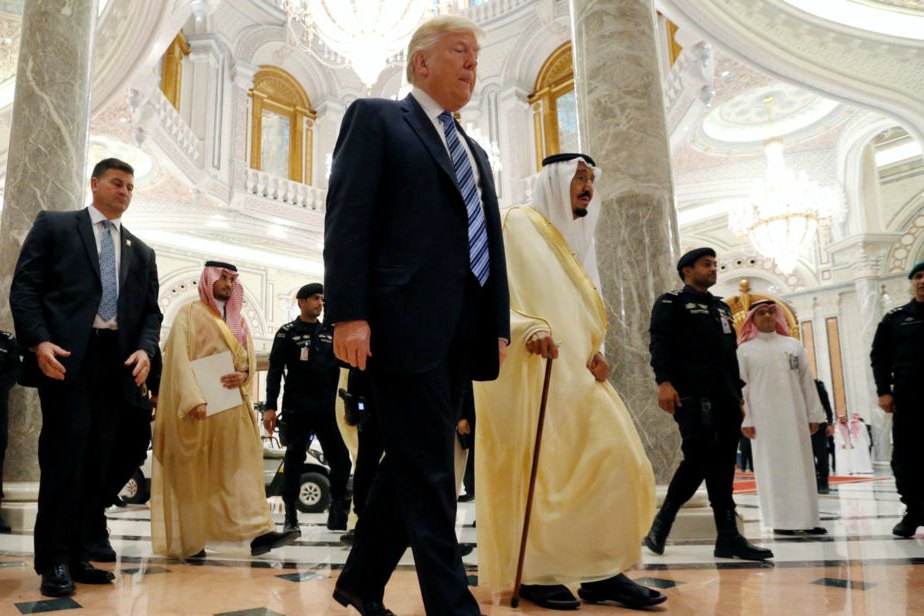 The Roman historian Suetonius informs us that when Vespasian’s son Titus complained about the disgusting nature of collecting tax from public urinals, his father held up a gold coin and asked whether he felt offended by its smell. When Titus said “No”, Vespasian replied, “Yet it comes from urine” (Atqui ex lotio est). From this amusing story comes the saying: money does not smell.
The Roman historian Suetonius informs us that when Vespasian’s son Titus complained about the disgusting nature of collecting tax from public urinals, his father held up a gold coin and asked whether he felt offended by its smell. When Titus said “No”, Vespasian replied, “Yet it comes from urine” (Atqui ex lotio est). From this amusing story comes the saying: money does not smell.
For the capitalists, it matters not whether profits are made from the work of religious charities, prostitution, drugs, robbery, slavery or wars. The main thing is that profit must be made. This delightful precept is engraved on the soul of Donald J. Trump. It is, together with an insatiable appetite for personal advancement, the mainspring of his life, the core of his very being. This is very clear from his attitude to the Khashoggi affair.
The spotlight is now on the corrupt dealings of Donald Trump and his son-in-law with the gangsters in Riyadh. Normally the murder of a journalist, and a U.S. resident, would draw a sharp reaction from the White House, followed by some kind of punitive action. But Trump – along with his son-in-law, Jared Kushner – is deeply involved with the Saudis. His administration – and Jared Kushner specifically – has cultivated a close relationship with Muhammad bin Salman.
Given the well-known Saudi propensity for purchasing the services of foreign politicians and businessmen, it is not entirely beyond the bounds of possibility that these relationships involve something more substantial than handshakes, camel rides, the consumption of sheep’s eyes and dangerous-looking sword dances.
Kushner was frequently wined and dined by the prince. He backed the crown prince in his blockade of Qatar and his brutal war in Yemen. It is even rumoured that he even gave M.B.S. the names of disloyal Saudi royals who were later arrested and imprisoned (though he denies it). And apparently, it was Kushner who persuaded his father-in-law to visit Riyadh for his first trip abroad as president. Most important of all, the two struck a deal for a $110bn weapons sale.
President Trump recently denied that he had ever received any money from the Saudis. But this is manifestly false. In March, the prince’s entourage almost single-handedly boosted revenue at Trump’s New York hotel by 13 percent. But Trump’s business relations with the Saudis go back further than that. During the election campaign, in a speech to his supporters, he boasted that he liked the Saudis because they provided him with a lot of money.
That being the case, the news that Saudi Arabia had murdered a dissident journalist put Kushner and his father-in-law, to quote the Times, in an “extremely awkward position”! At first, Kushner and the White House chose to stay silent. But as the evidence kept piling up, it was clear they had to at least feign some level of concern.
How not to find the facts
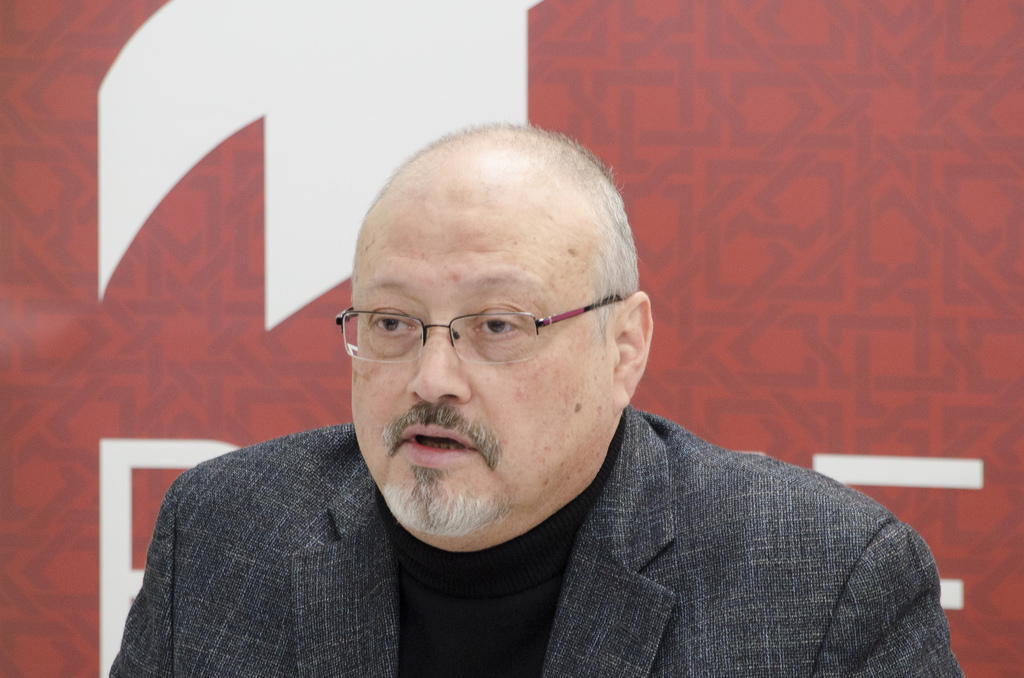 On Tuesday, Mr. Kushner and John R. Bolton, the national security adviser, spoke to Prince Mohammed by phone about Mr. Khashoggi’s disappearance. Secretary of State Mike Pompeo also called him. “In both calls, they asked for more details and for the Saudi government to be transparent in the investigation process,” said the White House press secretary, Sarah Huckabee Sanders.
On Tuesday, Mr. Kushner and John R. Bolton, the national security adviser, spoke to Prince Mohammed by phone about Mr. Khashoggi’s disappearance. Secretary of State Mike Pompeo also called him. “In both calls, they asked for more details and for the Saudi government to be transparent in the investigation process,” said the White House press secretary, Sarah Huckabee Sanders.
Meanwhile, Kushner’s father-in-law suggested on Wednesday night that he thought the Saudis probably did kill Khashoggi: “It would not be a positive,” he told Fox News. “I would not be happy at all.” Yet the president expressed reluctance to punish Saudi Arabia by cutting off arms sales, as some in Washington were proposing. “I think that would be hurting us,” he said. “We have jobs, we have a lot of things happening in this country.”
But on Thursday, Trump began to distance himself from the whole thing. He told reporters:
“Again, this took place in Turkey, and to the best of our knowledge Khashoggi is not a U.S. citizen, is that right? He’s a permanent resident, O.K… As to whether or not we should stop $110bn from being spent in this country… that would not be acceptable to me.”
It is true that Khashoggi was not a US citizen, but he was definitely a U.S. resident and worked for a prestigious American publication. It is worth pointing out that the U.S. government has a duty to warn people like Khashoggi if they have reason to believe they are potential targets. Was such a warning given?
We do not know. If it was, it seems unlikely that the man would have gone ahead with his plan. Although no specific order was issued, he had a general idea of the danger he faced. “When we arrived at the consulate, he went right in. He told me to alert the Turkish authorities if I did not hear from him soon,” his fiancée, Ms. Cengiz has stated.
Trump is preparing a cover-up for the Saudis
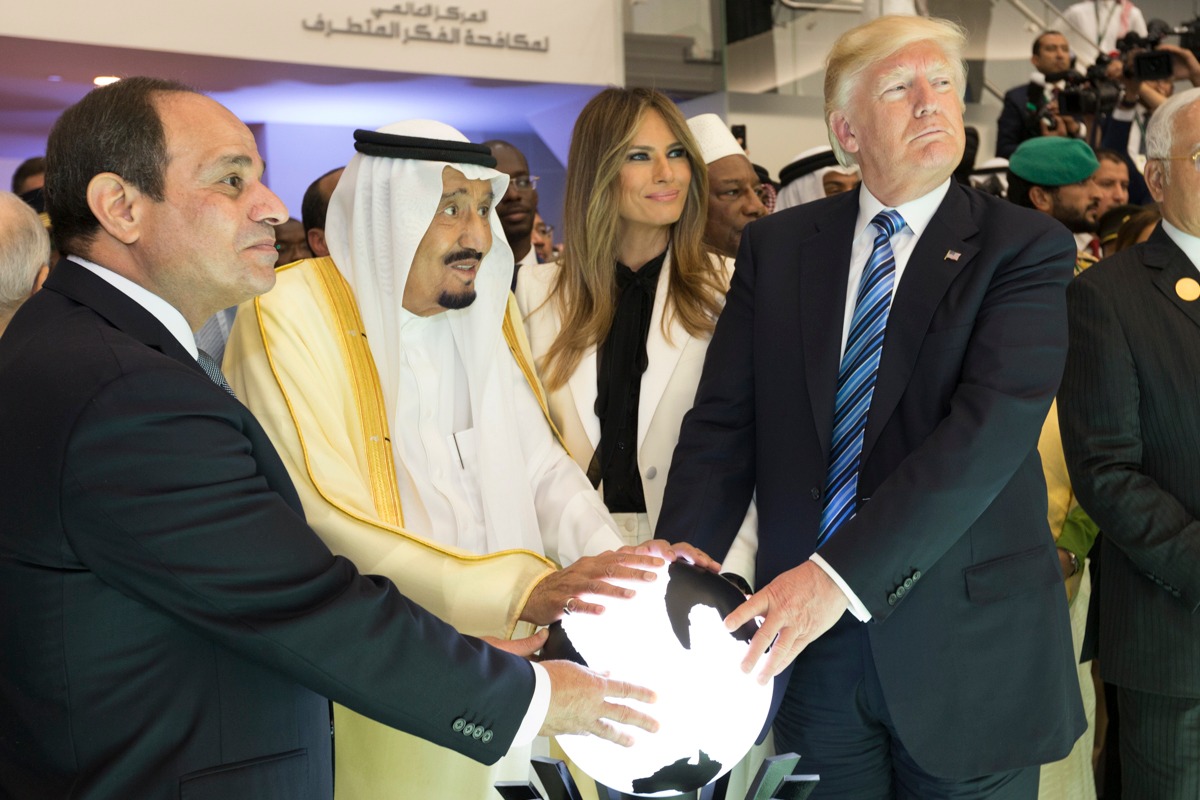 “It sounded to me like maybe these could have been rogue killers, who knows,” Trump said, evidently feeling the pressure. Later he warned of “severe punishment” if the Saudis are proved responsible. In a 60 Minutes interview, the US leader reiterated the consequences of Saudi Arabia being involved in Khashoggi’s death would be “severe”.
“It sounded to me like maybe these could have been rogue killers, who knows,” Trump said, evidently feeling the pressure. Later he warned of “severe punishment” if the Saudis are proved responsible. In a 60 Minutes interview, the US leader reiterated the consequences of Saudi Arabia being involved in Khashoggi’s death would be “severe”.
He even said it’s “looking like” the Saudi journalist was dead. “There’s something really terrible and disgusting about that, if that was the case, so we’re going to have to see,” Mr Trump said. “We’re going to get to the bottom of it and there will be severe punishment.” He also said: “As of this moment, they deny it and they deny it vehemently. Could it be them? Yes.”
But since Mr Trump has said “we would be punishing ourselves” by cancelling arms sales to Saudi Arabia, which his administration touted on his first overseas trip, it is not at all clear what this “severe punishment” might consist of.
Trump is quite literally the only voice at the top of the U.S. government protecting the Saudis. But even he understood the need to produce some kind of semi-convincing arguments to justify his stand. With this aim in mind, he dispatched US Secretary of State Mike Pompeo to the Saudi capital Riyadh with the intention of getting the truth about the case.
Everything points to the fact that Trump is preparing a cover-up for the murderers. He was the first to put into circulation the idea that unidentified “rogue killers” could be to blame for the disappearance of Khashoggi.
He did this immediately after a telephone conversation with the Saudi king: a clear attempt to muddy the waters and create a false “alternative narrative” to explain away the murder and draw a discreet curtain over the role of the Saudi ruling clique. But this idea does not hold water.
Anyone who has seen pictures of the Saudi consulate on television can see that it was well protected, surrounded by high walls, topped with razor wire on all sides. By what means did these “rogue killers” get past these formidable defences, unnoticed by anyone? And how could they proceed to carry out their grisly task of torturing and murdering the victim inside the consulate, without any of the staff being aware of it? It simply does not make any sense. An alternative “theory” had to be made up, and made up urgently.
Trump wanted Pompeo to have “face-to-face” meetings. But CNN reported that he had only a short discussion with King Salman and – surprise, surprise – the US is no closer to finding out what happened.
Mr Pompeo then had a longer meeting with the King’s son, Mohammed bin Salman, who is Saudi Arabia’s de facto ruler. During this conversation, Mr Pompeo showed the most exquisite politeness and consideration, as State Department spokeswoman Heather Nauert hastened to point out:
Pompeo “thanked the King for his commitment to supporting a thorough, transparent, and timely investigation” of the Khashoggi case and expressed “concern” about the case to the foreign minister. But Byzantine politeness notwithstanding, Mr. Pompeo obtained no explanation from Saudi Arabia about what could have happened to Khashoggi.
A belated investigation
Until last Monday, Riyadh had not allowed Turkish investigators to search the consulate – officially Saudi territory – with reports that both sides were unable to agree on the conditions. However, following repeated demands by Turkey, eventually the Saudis reluctantly agreed to allow Turkish police access to the consulate. Late on Monday, they entered and searched the building for the first time since Khashoggi went missing. But that was after a delay of two weeks.
That gave the Saudis ample opportunity to destroy any evidence, and to clean up any traces of blood or anything else that could prove that the consulate had been the scene of a grisly execution. Their obsessive concern with cleanliness and hygiene was further demonstrated by the television pictures of teams of cleaning staff hastily entering the premises, armed with buckets and mops.
The investigators, who arrived in a motorcade of six cars, left the premises in the early hours of Tuesday after an eight-hour search. They took samples with them, including soil from the consulate garden that was loaded into vans.
Just to be on the safe side, a Saudi delegation had entered the consulate one hour before the Turkish police arrived and appeared still to be inside as the search was conducted. After all, it is a good idea for criminals to keep a close eye on the activities of the police that are investigating them, just in case they find something incriminating.
By the time the Turkish police had entered the building, the chances of them finding any hard evidence of the killing were frankly remote. Not only had the building been scrubbed clean, but they reported that the walls and been recently painted. Despite this, Turkish officials remain firmly convinced that Khashoggi was killed by a Saudi hit squad inside the consulate. They have good reason to be convinced, since they have evidence of a quite different sort.
The story of the smartwatch
Turkish newspaper, Sabah – a pro-government, privately owned daily – claimed that Khashoggi’s interrogation, torture and murder were all recorded in his Apple Watch’s memory. Two senior Turkish officials told Reuters that Mr Khashoggi had been wearing a black Apple Watch when he entered the consulate, and that it was connected to a mobile phone he left outside.
Sabah, which cited “reliable sources in a special intelligence department”, said Mr Khashoggi was believed to have turned on the recording feature on the phone before entering the consulate. US intelligence officials told The Washington Post they had been presented with video and audio evidence of the murder.
“The voice recording from inside the embassy lays out what happened to Jamal after he entered,” The Post quoted a source as saying. “You can hear his voice and the voices of men speaking Arabic. You can hear how he was interrogated, tortured and then murdered.”
The paper said Saudi intelligence agents had realised after he died that the watch was recording and initially tried to gain access by guessing Mr Khashoggi’s PIN, then using his finger to unlock it and delete some files, but not all of them. It said the recordings were subsequently recovered from his iPhone and iCloud account.
This version is open to question. It is it unclear whether data from Mr Khashoggi’s watch could have been transmitted to his phone outside– or how investigators could have retrieved the data without obtaining the watch itself. However, this enigma has a very simple solution.
It is far more likely that the Turkish intelligence service obtained these recordings by the simple device of bugging the Saudi consulate. The story about the alleged Apple Watch is merely a cover to avoid an embarrassing admission that the Turks had been spying on the Saudi consulate.
Such activities are, of course, completely illegal. But there is absolutely no doubt that they take place all the time. Intelligence services of different countries routinely spy on the embassies of other countries – including their allies. Not long ago it was revealed that the CIA was listening to the phone conversations of Angela Merkel, although Germany is a member of NATO and supposedly an ally of the USA.
There is no reason to believe that the Turkish intelligence services are any less diligent than their American colleagues in the gentle art of spying, including the systematic bugging of embassies and consulates. Theodore Karasik, of Gulf State Analytics, a research and security consultancy, told the Independent newspaper what everybody knows:
“Spy agencies’ main goal when foreign embassies are built is to slip in as many devices as possible without detection. It is a common practice.”
Erdogan’s intrigues
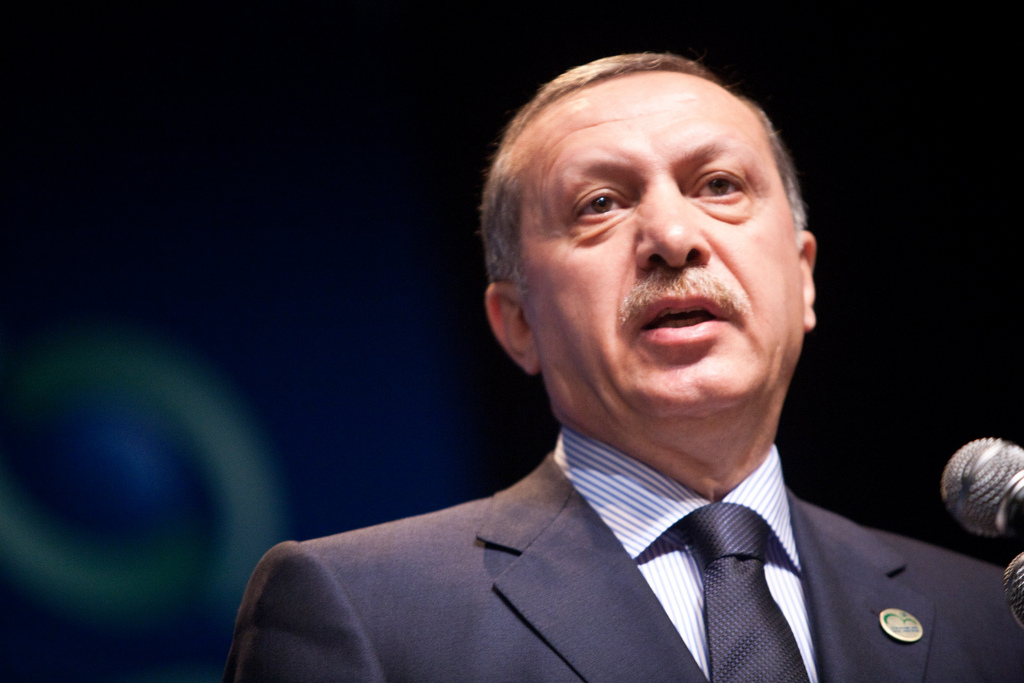 Turkish President Recep Tayyip Erdogan has repeatedly stated that the Turkish authorities have proof that Khashoggi was murdered inside the consulate. On this occasion at least, he is telling the truth. But he has been uncharacteristically muted in drawing the necessary conclusions from his remarks. Evidently, he is playing a devious political game, as he always does.
Turkish President Recep Tayyip Erdogan has repeatedly stated that the Turkish authorities have proof that Khashoggi was murdered inside the consulate. On this occasion at least, he is telling the truth. But he has been uncharacteristically muted in drawing the necessary conclusions from his remarks. Evidently, he is playing a devious political game, as he always does.
Erdogan was already on bad terms with Saudi Arabia, partly over his support for Qatar in its dispute with its Gulf neighbours. Of course, Erdogan is himself not known for his tender treatment of journalists. Saudi apologists are already using this fact to muddy the waters and discredit any Turkish investigation. But as the old German saying goes, one does not excuse an act of swinery by pointing to another.
Erdogan has been playing a delicate balancing act, playing off America against Russia in order to strengthen his own position. In doing so, he has caused serious irritation in Washington, which has retaliated by imposing sanctions that have hit an already weakened Turkish economy hard. In recent months the Turkish lira has lost 40 percent of its value, and inflation has soared.
Given this situation, the Turkish president evidently did not feel strong enough to pursue his condemnation of Riyadh without first consolidating his position vis-à-vis Washington. In the words of Soner Cagaptay of the Washington Institute for Near East Policy:
“He knows Turkey is completely isolated in the Middle East, and cannot push back against the Saudis without American backing. So if there is a time to curry favour with Trump, that time is today.”
In order to smooth relations with Washington, Erdogan has ordered the release of the American evangelist pastor Andrew Brunson, whose imprisonment on charges of espionage and terrorism was at the centre of a diplomatic crisis between Turkey and America.
The announcement of the pastor’s release was greeted by Erdogan’s office as proof of Turkey’s “independent and impartial” judiciary. Only a fool can believe this. One day earlier, the American media reported that the Turkish government had cut a deal with America to have Brunson released. Turkey’s courts do not take orders from anyone, unless that someone is called Recep Tayyip Erdogan.
Trump had turned the hullabaloo over Brunson into a domestic political issue, ahead of next month’s midterm elections. The latter’s release will provide some respite to the beleaguered Turkish economy (the lira has strengthened over the past couple of days in anticipation of Brunson’s release), although it will not solve its underlying problems. Above all, it will give Erdogan a chance to patch up relations with Washington. “There’s now room for a reset,” says Cagaptay, “Erdogan and Trump can shake hands again and discuss other divergences.”
The court ruling clears the way for the two NATO allies to do a deal on other thorny issues, including Turkey’s purchase of a missile defence system from Russia, America’s support for Kurdish insurgents in Syria (whom Turkey considers terrorists), and renewed American sanctions against Iran.
Political alliances in the Middle East are as unreliable, treacherous and constantly shifting as the sands of the desert.
The Saudis admit… nothing
 US media reported on Monday that the kingdom was “considering an admission” that Khashoggi had in fact been killed inside the consulate in Istanbul but explained that he had died after an interrogation that went wrong during an intended abduction. Another source said the report would likely conclude that the operation was carried out “without clearance” and that those involved would be held responsible.
US media reported on Monday that the kingdom was “considering an admission” that Khashoggi had in fact been killed inside the consulate in Istanbul but explained that he had died after an interrogation that went wrong during an intended abduction. Another source said the report would likely conclude that the operation was carried out “without clearance” and that those involved would be held responsible.
The first thing to note is that this “explanation” – which in reality explains nothing – is in total contradiction to everything that Riyadh has emphatically stated up to now. They flatly denied that anything had occurred inside the Istanbul consulate, insisted that Khashoggi had left the building unharmed, and that nobody in the Saudi state new anything about it.
The conclusion is quite clear. Either the Saudis were lying before, or they are lying now. Actually, both statements are true. In the first place, nothing happens in Saudi Arabia without the full knowledge and consent of Crown Prince Mohammad bin Salman. And an action of such a serious character certainly would never have been carried out unless it was under his personal orders, or at the very least his explicit permission.
The second observation is that, if we accept the argument that this brutal murder was carried out, presumably by members of Saudi intelligence, “without clearance”, it follows that the same kinds of activities are frequently carried out by the same people with clearance. And that is in fact the case. What happened to Khashoggi was by no means an exception. On the contrary, it is absolutely typical of the kind of activities that the Saudis have been perpetrating for years, both inside the kingdom and beyond its borders.
Imperialists support jihadis
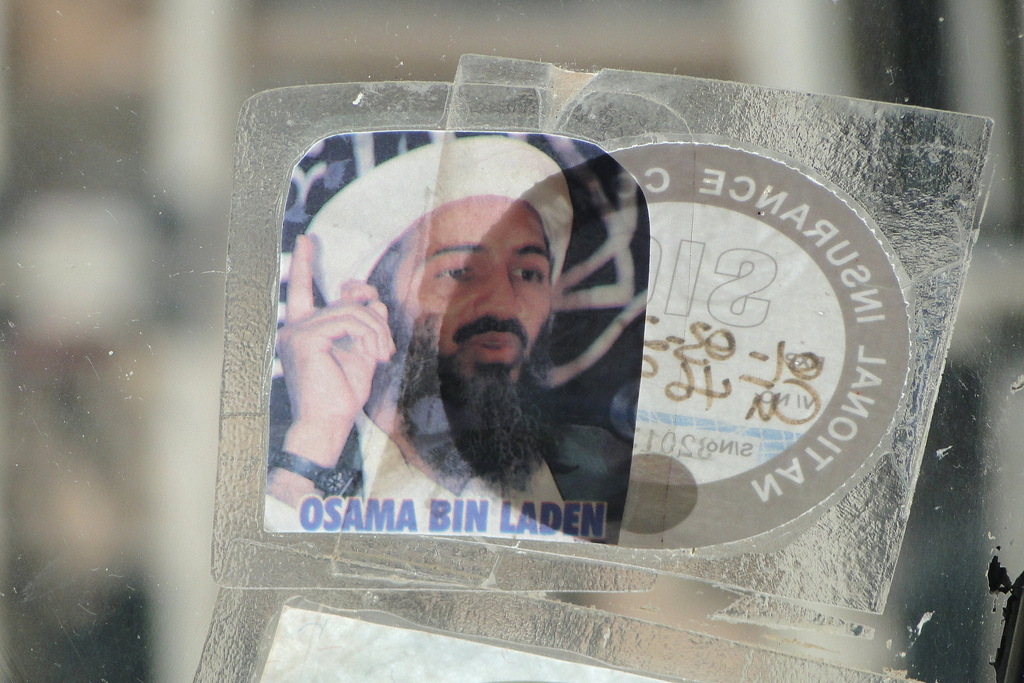 The fact is that the CIA, MI5 and other Western intelligence services were fully aware of these activities decades ago. Not only did they not oppose them, but they actively encourage them. That was particularly the case in Afghanistan, where Saudi Arabia, with a full support and backing of the USA and Britain, armed, organised and funded the so-called mujahedin – the future Al Qaeda and Taliban terrorists – in their war against the Soviet-backed regime in Kabul.
The fact is that the CIA, MI5 and other Western intelligence services were fully aware of these activities decades ago. Not only did they not oppose them, but they actively encourage them. That was particularly the case in Afghanistan, where Saudi Arabia, with a full support and backing of the USA and Britain, armed, organised and funded the so-called mujahedin – the future Al Qaeda and Taliban terrorists – in their war against the Soviet-backed regime in Kabul.
As long as the jihadists were killing and torturing Russians, their actions were applauded in the west. The CIA actually sponsored Osama bin Laden – the son of a Saudi millionaire – and his gang of Islamist fanatics, which later became known as Al Qaeda. But a mad dog will eventually turn on his master and bite him. That is exactly what happened.
Today it is conveniently forgotten that, in the 9/11 attacks on the Twin Towers, out of the 19 terrorists who hijacked the planes, 15 were Saudi citizens. There was not a single Iraqi among them, and in fact, Saddam Hussein was a bitter enemy of Al Qaeda, which had no basis in Iraq. Yet it was not Saudi Arabia that was invaded, but Iraq.
A detail that is not generally known about the events following the 9/11 outrage was as follows. The very next day, for obvious reasons, all flights over US territory were banned. There was, however, an interesting exception to this rule. It did not apply to Saudi nationals who fled the country immediately after the terrorist attack. Among those who allowed to leave were members of the bin Laden family, who had close relations, not only with the Saudi royal family, but also with the family of George W. Bush.
When a former agent of the CIA, following the events of 9/11, attempted to investigate the affairs of the Saudi regime, he had a big surprise. When he looked into the files of the CIA on Saudi Arabia he found – absolutely nothing. The files were empty! Evidently, it was not considered polite for American intelligence to delve too deeply into the affairs of America’s closest and most trusted ally in the Middle East…
The incestuous relationship between western governments and the Saudi regime has been maintained for years. It has a very solid basis, or rather liquid basis – oil. No criticism is permitted of Saudi Arabia. The same ‘free’ press that continually harps on about the evil actions of Russia – real or imaginary – maintains a discreet silence in relation to Saudi Arabia. That cosy relation, however, may now change.
Global outrage
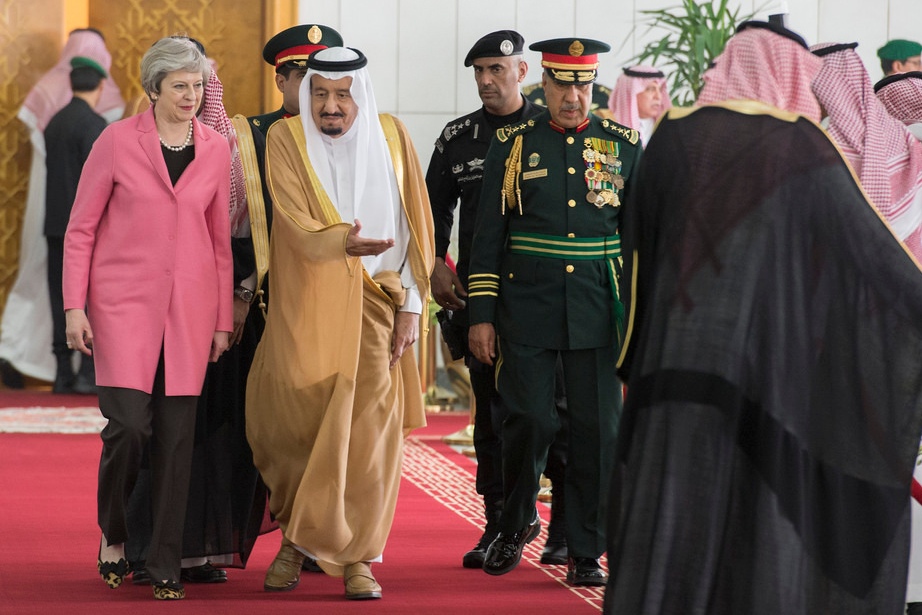 The Khashoggi affair has sparked global outrage and demands for a full investigation into his death. The shocking accounts of the murder circulated by Turkish sources put Western powers, particularly the United States and Britain, in a most awkward position.
The Khashoggi affair has sparked global outrage and demands for a full investigation into his death. The shocking accounts of the murder circulated by Turkish sources put Western powers, particularly the United States and Britain, in a most awkward position.
Should they demand an international investigation into Khashoggi’s alleged arrest and possible murder? Should sanctions be imposed on senior Saudi officials, which Britain is threatening, when such a move might endanger major commercial deals involving the kingdom?
These are ticklish questions for western politicians who like to appear before world public opinion as paragons of virtue, defenders of human rights and upholders of humanitarian causes. But sadly, in the real world, moral values have to be weighed in the scale against other important considerations – principally the urgent need to make money.
The Saudis have warned that they would “respond with greater action” to any threats of economic or political pressure from the West. In a furious editorial, Turki Aldakhil, general manager of the Saudi-owned Al-Arabiya news channel, warned the US “will stab its own economy to death” if it tried to impose sanctions. He warned such actions would cause oil prices to rise as high as $200 a barrel, drive the Middle East towards Iran and lead Riyadh to permit a Russian military base in the city of Tabuk.
But despite all the bluff and bluster from Riyadh, international pressure is mounting. Public opinion has been aroused. The thick veil that hitherto served to conceal the disgusting reality of Saudi Arabia’s ruling clique has finally been lifted. The pressure from below is growing, and no government can ignore it. The enormity of the scandal has compelled France, Germany and the UK to request a “credible investigation”, although precisely how this is to be achieved is as clear as mud.
As always, the criticisms of Saudi Arabia by western leaders is mealy-mouthed and cowardly:
“We encourage joint Saudi-Turkish efforts in that regard, and expect the Saudi Government to provide a complete and detailed response.”
Whereas, in its repeated condemnations of Russia, the West is accustomed to denouncing and demanding, here the language used is quite different. It is the verbal equivalent of a cringing subject kneeling before a ruling monarch and humbly begging him to do the right thing.
‘We do not demand anything of the Saudis, but merely encourage them to collaborate with the Turks to clarify the facts that will inevitably lead to the conclusion that their Royal Family are a gang of bandits and murderers.’ That is the equivalent of encouraging the accused to place a noose around his own neck. And we ‘confidently expect this to be carried out with the utmost expediency.’
There is an old English saying: “fine words butter no parsnips.” Words only mean anything if they lead to meaningful action. But what action is being proposed by Britain and the US? It was reported that these Christian gentlemen, renowned the world over for their dedication to moral principles and humanitarian causes, were considering a boycott of a major international conference in Saudi Arabia later this month.
Among those anxious to join in this jamboree in the desert were Britain’s Secretary of State for International Trade Liam Fox, US Treasury Secretary Steven Mnuchin and Mme. Christine Lagarde, the head of the International monetary fund. On Saturday last, she was assuring the whole world of her firm determination to speak at the event in Riyadh. She announced that she was “horrified” by the reports about Jamal Khashoggi’s fate. But she hastened to add that her job is “to conduct the business of the IMF in all corners of the world, and with many governments.”
Evidently, her horror at murder was not sufficient to overcome her overriding interest in the pursuit of profit. However, as the flames finally began to singe her backside, Mme. Lagarde was obliged to jump. In an impressive display of alacrity, she announced to the world her firm determination to stay at home. The IMF did not respond, as of late on Tuesday, to a request for further comment about her change of plans.
As the storm waves of scandal gather in strength, things are beginning to look decidedly unhealthy for what has been termed Davos in the Desert. The investment conference is losing more high-profile guests as the international crisis over the Khashoggi scandal intensifies. BNP Paribas, France’s largest bank by assets, said on Wednesday that its chairman, Jean Lemierre, will no longer attend. The CEOs of JPMorgan Chase and Uber dropped out in the past week.
Earlier on Tuesday, the CEOs of top European banks HSBC, Credit Suisse and Standard Chartered all pulled out of the event, as did the head of the London Stock Exchange. Most of the event’s International media partners, including CNN, withdrew their support last week. Others will no doubt follow.
However, many other businesses, especially those dependent on Saudi money, will attend, as will Britain’s Foreign Minister Liam Fox, and possibly the United States Secretary of the Treasury, Steven Mnuchin. President Trump told reporters on Monday that “we haven’t made a decision about going yet.”
“Severe punishment?”
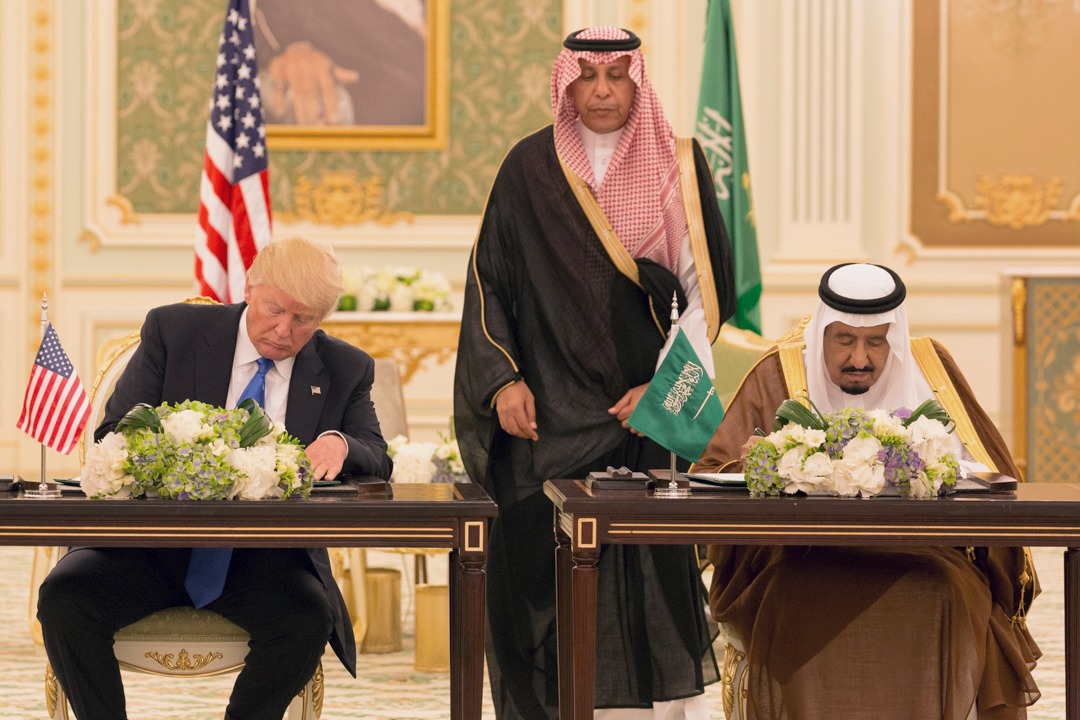 Trump now says it all depends on whether the Crown Prince and his father knew about the affair and approved of it. And since he has their solemn word that they did not, the conclusion is crystal-clear. The Saudi royal family will be exonerated of all guilt. A suitable scapegoat will be found – some officer or other in Saudi intelligence will be publicly accused, found guilty of some relatively minor offence, like disobeying orders. He will then be quietly removed from the public gaze, rewarded with a lavish pension and disappear from sight.
Trump now says it all depends on whether the Crown Prince and his father knew about the affair and approved of it. And since he has their solemn word that they did not, the conclusion is crystal-clear. The Saudi royal family will be exonerated of all guilt. A suitable scapegoat will be found – some officer or other in Saudi intelligence will be publicly accused, found guilty of some relatively minor offence, like disobeying orders. He will then be quietly removed from the public gaze, rewarded with a lavish pension and disappear from sight.
Problem solved! The Saudi murderers can continue to pursue their nefarious activities without further let or hindrance. President Trump and his son-in-law can continue to make a lot of money from their super-rich Saudi contacts. And hopefully, the hue and cry will die down and the US public will lose all interest in the affair. At least, that is what Donald Trump hopes.
But things will not be as simple as that. At last, the genie is out of the bottle, and it will not be easy to push him back inside. The full glare of public opinion has been directed at the dark and bloodstained corners of Saudi Arabia. Light has been shed on the corrupt relationship that ties western governments – right up to the White House and its entourage – to the purse strings of the degenerate and reactionary Saudi royals.
Up until now, the gangsters in Riyadh did not care what the world thinks about them. Why should they if they are protected by the President of the United States and other Western leaders? But now things have changed. Nobody seriously doubts that Khashoggi was brutally murdered by the cutthroats of Saudi Arabia.
The controversy has dealt a shattering blow to the kingdom’s image and it has entirely demolished the mendacious campaign to portray Crown Prince Mohammad bin Salman as a “reformer”. Whatever happens to the investigation of the Khashoggi case, nothing will ever be the same again.

